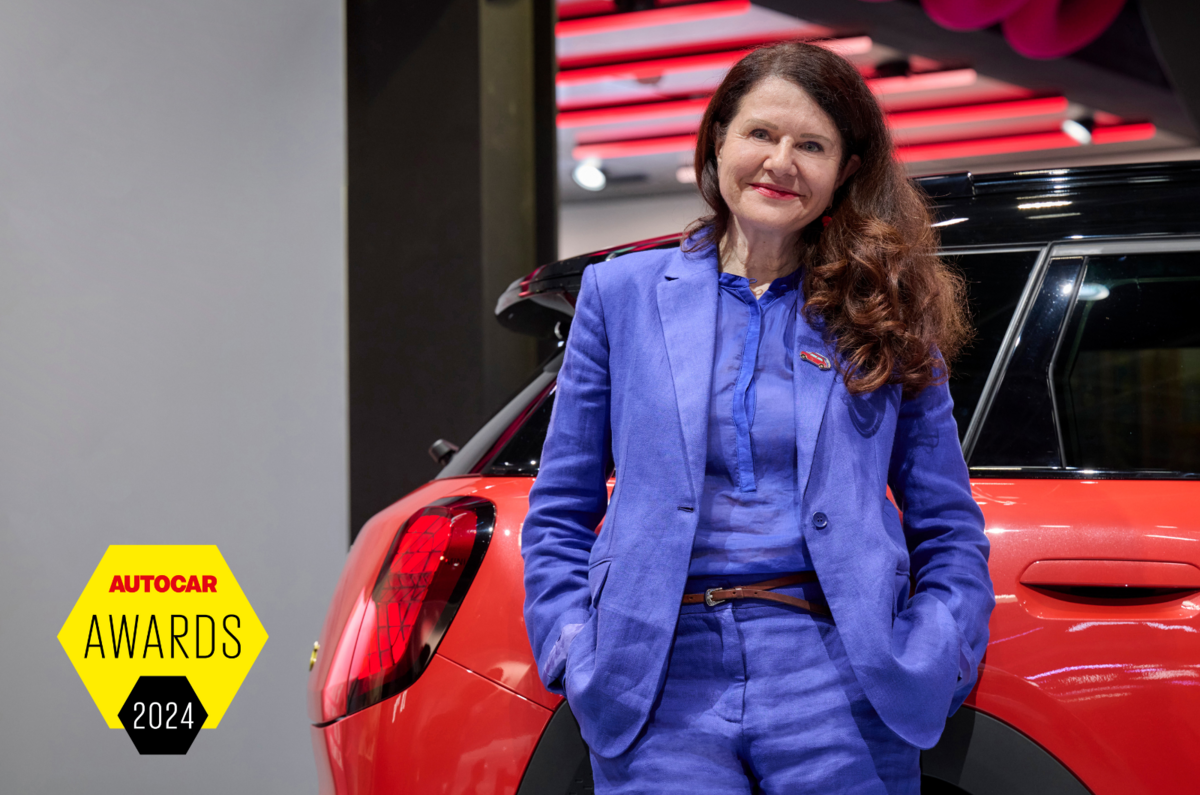Few guardianships of brands have been as successful as that of Mini under BMW.
We say guardianship because it is so much more than ownership, given Mini’s unique place in British culture, the wealth of personal stories involving its cars and, as a result, the emotional investment that people place in the brand and its development.
The person tasked with directing this guardianship recently is Stefanie Wurst, who took over as head of the Mini brand in early 2022, having previously led the BMW Group in the Netherlands.
She joined at a time when the marque was heading towards something of an identity crisis. In the words of BMW board member Jochen Goller, Mini had become “a little bit too generic”.
The standard hatchback’s proportions looked bloated and the brand was portraying itself with a more serious tone. Its iconic Oxford plant was also in need of investment if it was to be able to go fully electric.
Wurst, our Outstanding Leader for 2024, has tackled all of these in short order and achieved a remarkable amount at the brand in a very brief space of time.
The new Cooper, Aceman and Countryman models – largely developed before her arrival but launched under her leadership – sit much more comfortably together in size and shape than any previous Mini range and the Cooper is far more compact-looking than its predecessor.
Wurst has secured the future of the Oxford site: a £600 million investment from BMW means it will go fully electric. She says she’s had 40-year Oxford veterans tell her the employee meetings she’s regularly hosted there are the best they have ever seen. Simply, she gets the brand, its people, the cars and what it needs to succeed.
But then cars are in Wurst’s blood. Growing up in Munich, her dad was a BMW engineer, including for the Formula 1 team, her uncle was a racing driver and her grandfather was a car dealer.
Some of her earliest memories are of being at the Nürburgring as a five-year-old and later spotting her dad on TV at F1 races. “So I had lots of inspiration from cars,” she says. “They were a very important topic.”
The automotive industry is actually Wurst’s second successful career, though, after one in advertising.
She rose through the ranks of Scholz & Friends to become a partner at its Berlin office (“I found a new interpretation of German humour, innovation and creativity in Berlin at the time”), where her biggest client was Mercedes-Benz.
She says: “I thought I’d achieved all I wanted to in advertising and I was open to other options. I was pretty sure I didn’t want to go into, say, the cheese business or banking or insurance.
“The automotive industry is simply what interested me the most. I think everything that happens in society and politics in Germany is somehow reflected in our industry. Besides that, I find the products attractive, complex and really interesting, so the industry also reflects where technology standards are at any point in time.”
Wurst chose an opportunity at BMW over one at another car maker, starting out as head of marketing for the BMW Group in Germany, then CEO of its Netherlands operations and ultimately the top job at Mini.








Join the debate
Add your comment
Suggestion for BMW: start making the 1-Series in the Oxford plant alongside Mini. You're welcome!